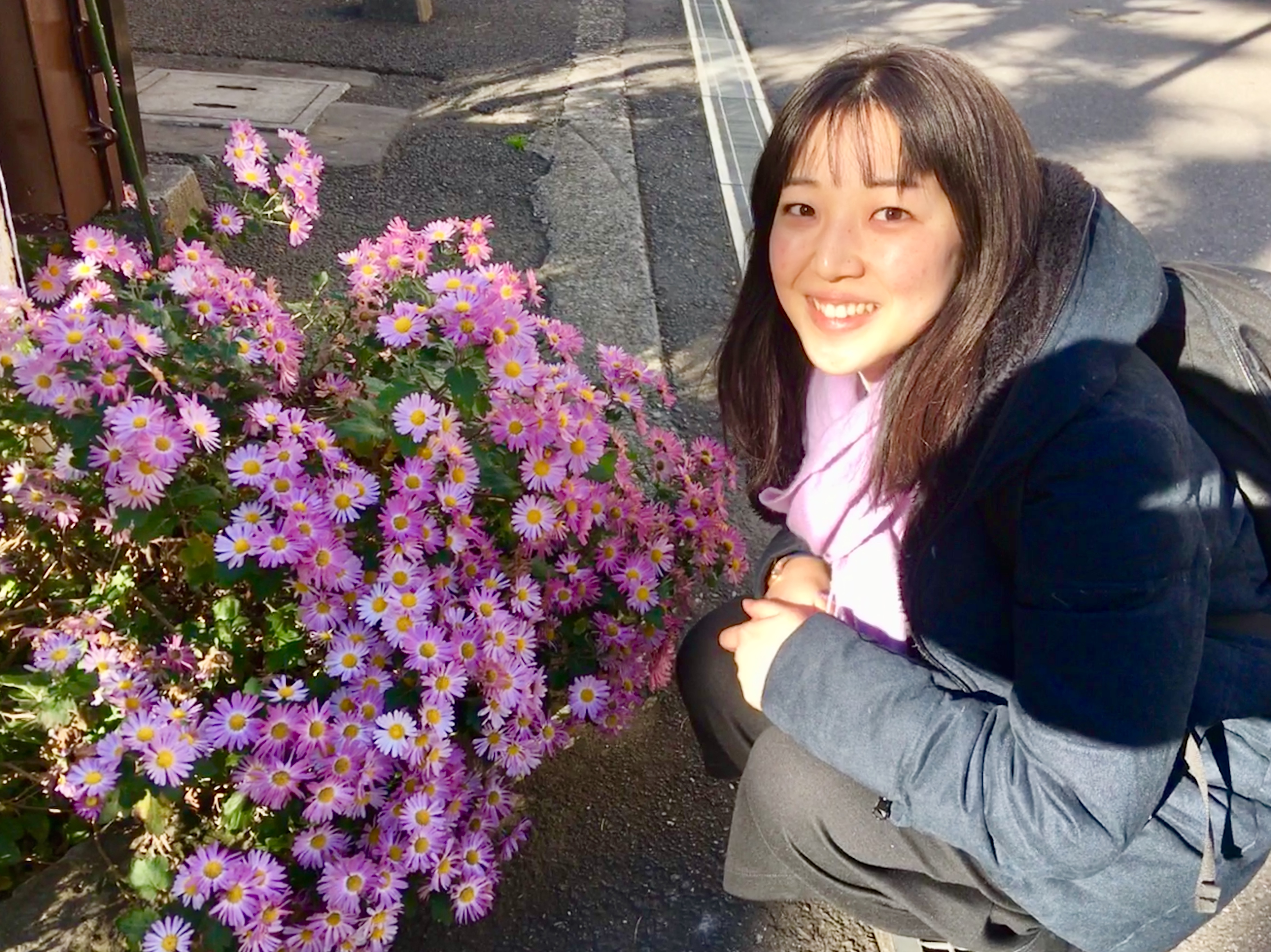Celebration of Scholars
Combating Stress: Building Up Student Identity Through Japanese Animation
 Name:
Izumi Koide
Name:
Izumi Koide
Major: Education
Hometown: Tokyo
Faculty Sponsor:
Other Sponsors:
Type of research: Master's thesis
Abstract
The purpose of this research project was to develop study units that may be used in a college or university setting in order to help American students who are learning Japanese to adjust to college through the use of anime. This project was based on the work of a research group which was led by Calandri (2016) who stated higher depression was related to lower identity, and a study led by Ieshima (2008) that introduced a program to develop students' identity by using manga.
The world has become more complex, and college students have more stress than ever before. The Center for Collegiate Mental Health in 2017 stated that nearly 1 in 5 university students are affected by anxiety or depression. Furthermore, a researcher, Beverly G. Hart Abney, reported roughly 30% of college students have felt that anxiety and depressive symptoms have negatively affected their lives and academic functioning (Abney, 2018). However, only one third of students receive treatment for anxiety and only 25% of students receive treatment for their depression. Thus, there is a need for a program to help students deal with some mental health issues associated with their college learning and life.
In order to help alleviate the stresses of American college students who are learning Japanese, the researcher conducted a literature review on anime. Based on the literature review, the researcher developed some study units on how to use anime to help college students who are learning Japanese address some of their mental health issues.
Submit date: March 17, 2019, 10:17 p.m.
